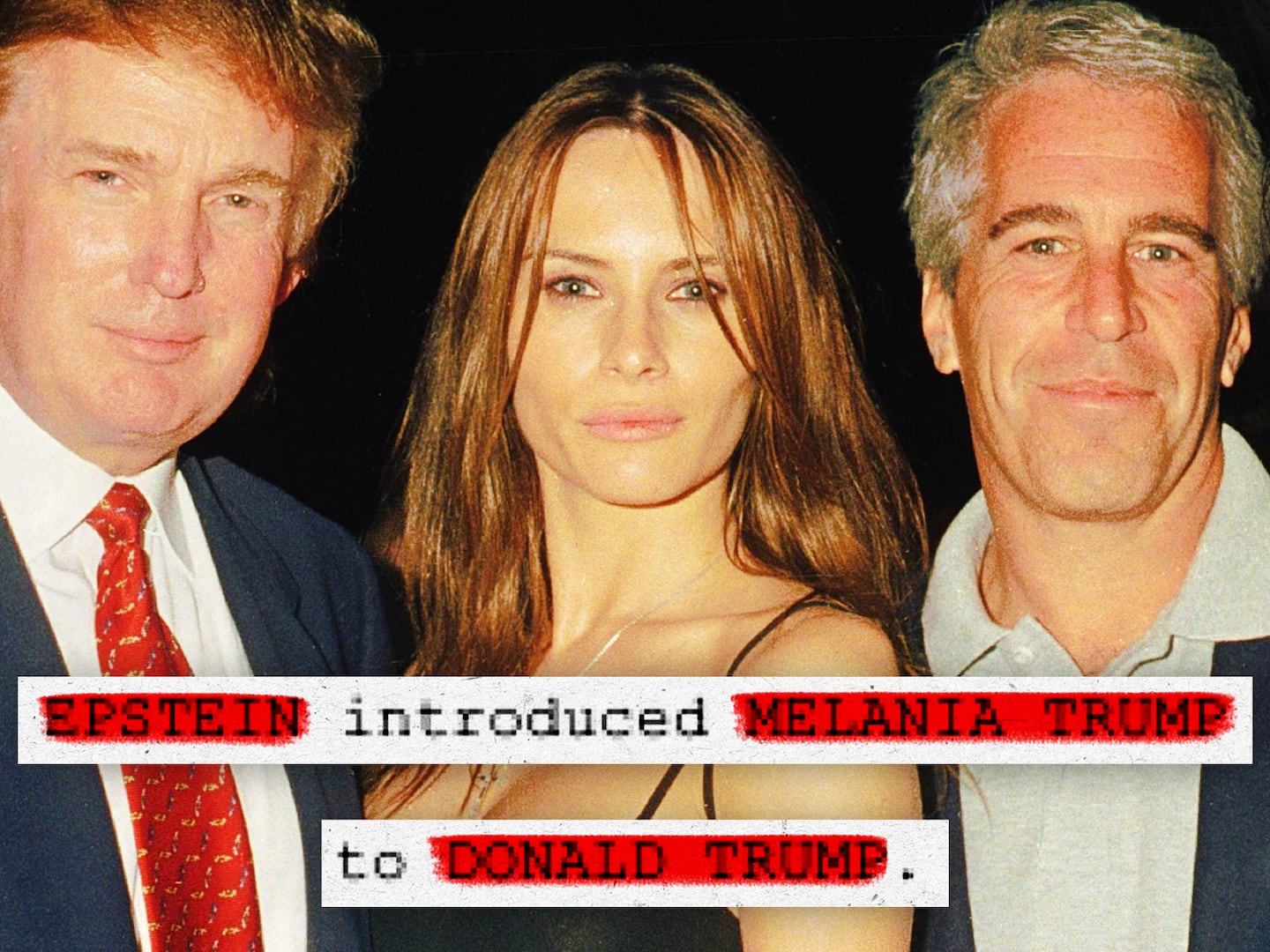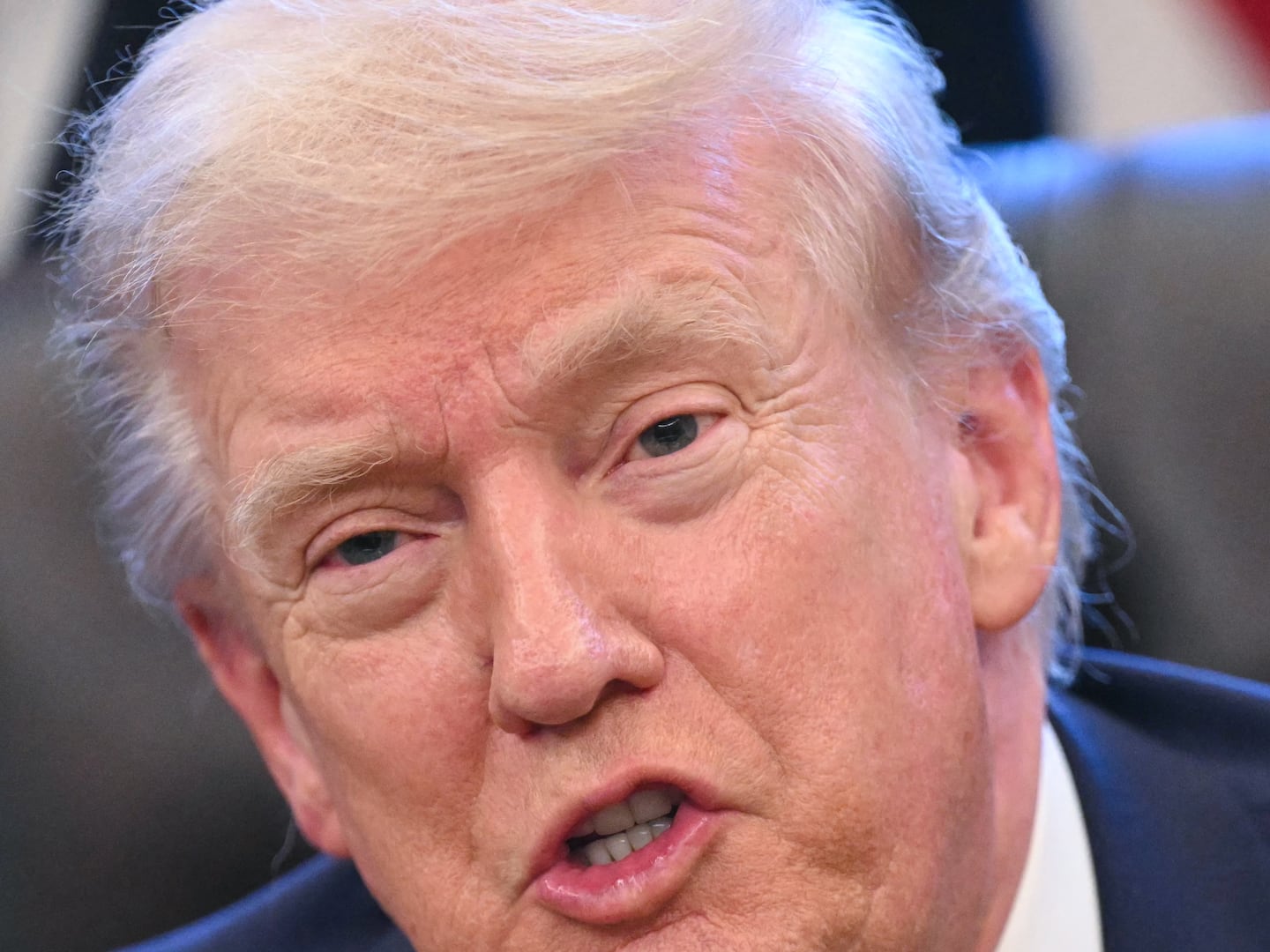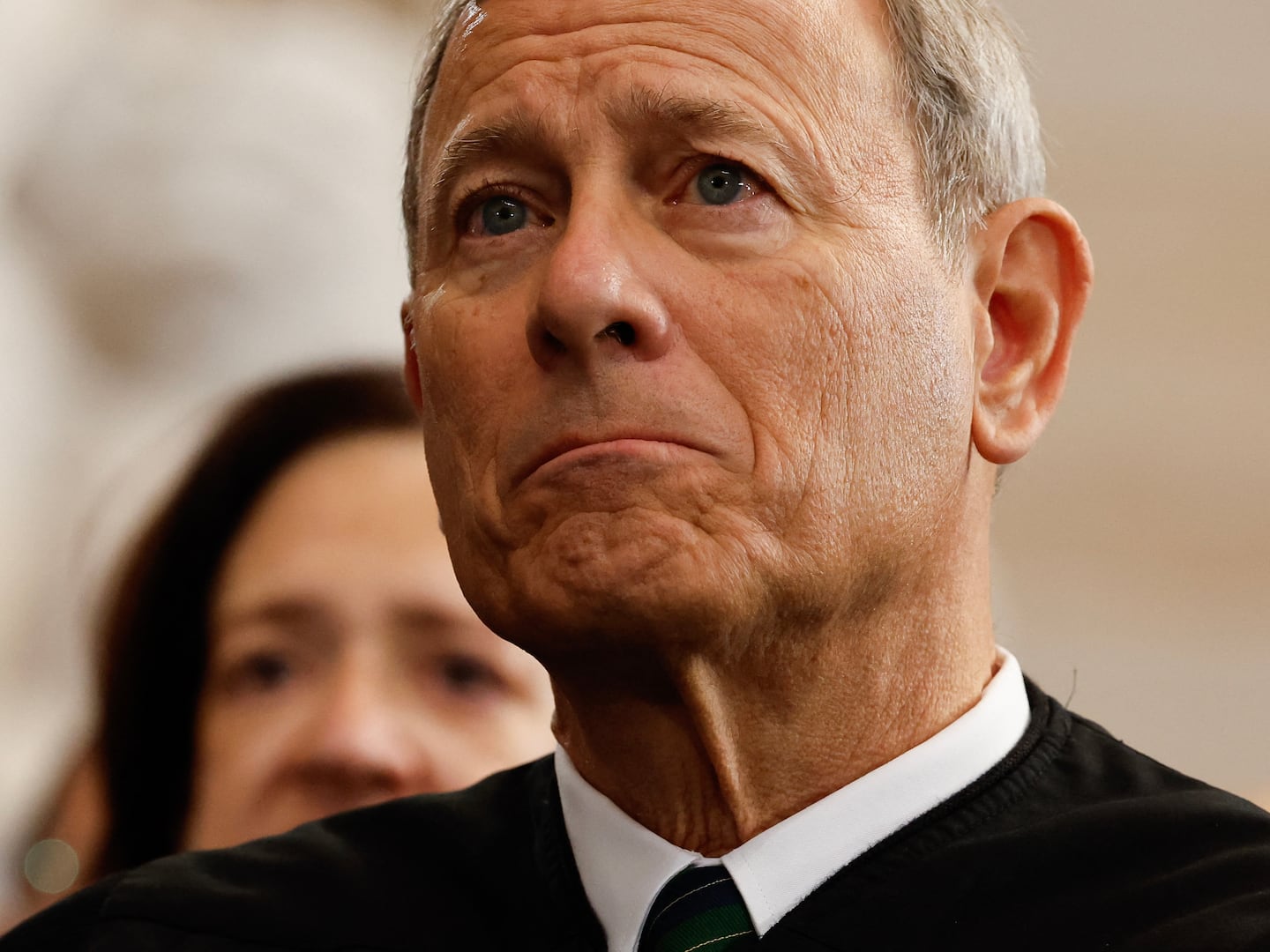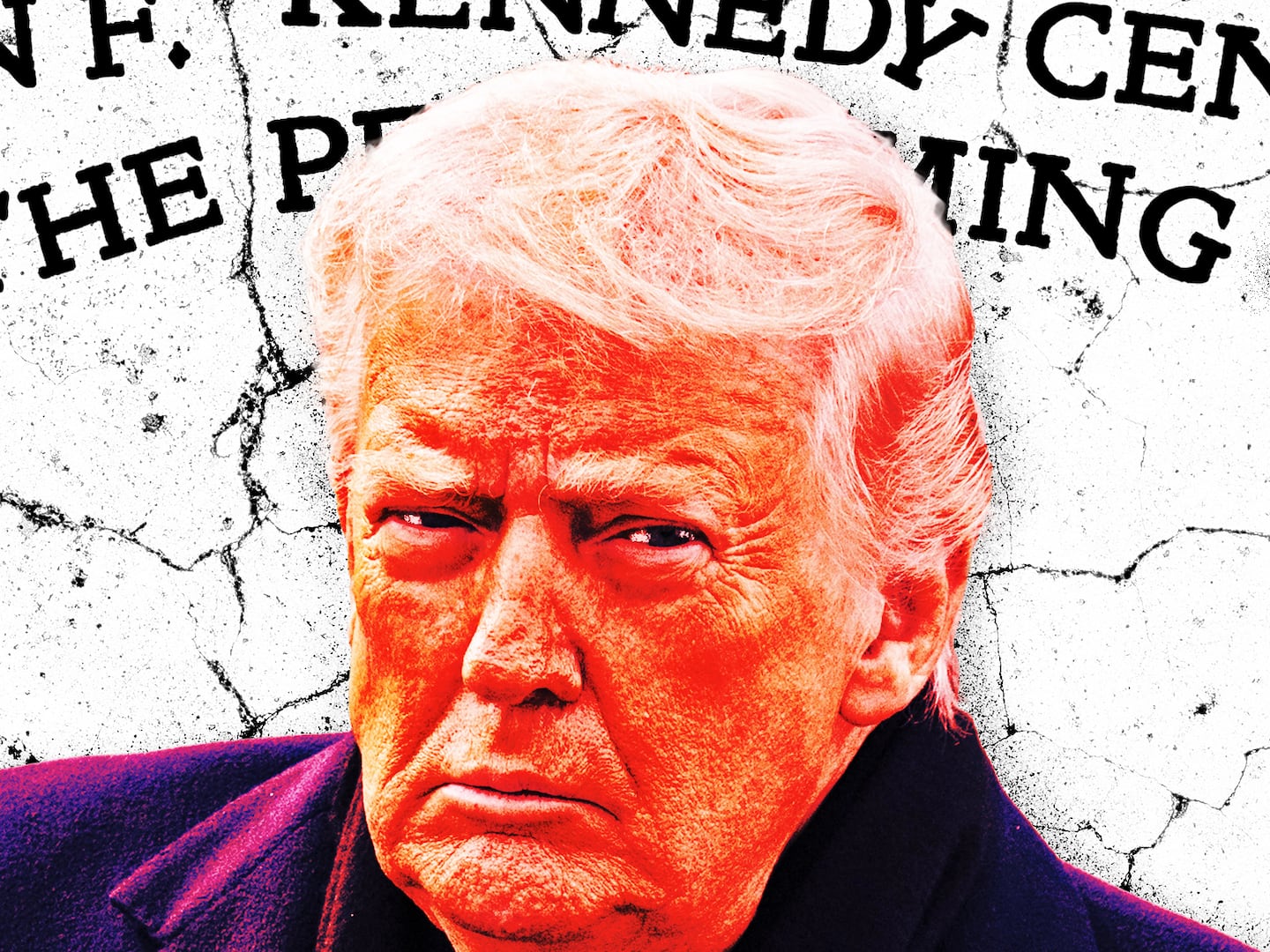In this deeply weird presidential cycle, the possibility that Donald Trump and Bernie Sanders could be their party’s nominees leaves the center-lane wide open for an independent candidate.
Inside the Beltway, where cynicism often passes for wisdom, the notion is dismissed out of hand as a fool’s errand. There’s no question there are high barriers to entry for an independent presidential campaign. But they are surmountable for a self-funded candidate with executive government experience. Which is why former three-term New York City Mayor Mike Bloomberg’s look at an independent presidential run is worth taking seriously—and why he can afford to wait a few months to see whether Bernie and Trump are the nominees.
Bloomberg’s explored this option before. Back in 2008, he backed a study about the viability of a third-party run. But when McCain and Obama locked up their nominations with post-partisan appeals against the establishment of their two parties, the centrist space looked locked up. Instead, the work was discretely repacked into a useful 2008 book, Declaring Independence by Doug Schoen, which laid out the history of third-party candidates, analyzed the ideological divide and offered strategy to overcome ballot access blocks.
The ballot access is perhaps the most serious obstacle and aides have told Bloomberg he needs to decide by March. But if the key question is whether Bernie and Trump will be their party’s nominees amid a drawn out delegate fight the final answer might not be available until April.
Luckily, the state deadlines for an independent presidential candidate to get on the ballot are further out in the calendar than the deadlines for a new presidential party. According to data put together by Richard Winger at Ballot Access News, a new party’s deadline for ballot access begins in March, but for an independent presidential candidate, the ballot access deadlines don’t start kicking in until May (Texas) and 36 states have deadlines in August or September. That’s why Bloomberg could wait until later than March to make a final decision.
It’s still a logistical hurdle, and even if he makes the ballot he’ll have to fight to qualify for the debates. All of which is why a credible candidate with the ability to self-fund is essential. And Bloomberg is apparently willing to put a billion dollars of his estimated $37 billion on the table, to the delight of consultants and consternation of citizens concerned about the influence of big money in politics.
But Bloomberg basically invented Donald Trump’s riff about wealth making him independent of lobbyists and any associated corruption. New York Billionaire overlap aside (I said this was an especially weird year), Bloomberg’s politics fit the center much better than The Donald’s anti-immigrant demagoguery. And the argument for a Bloomberg run remains strong if Ted Cruz is the nominee.
Broadly speaking, Bloomberg is fiscally conservative and socially liberal—and that’s the still unmet sweet spot in American politics.
Yes, that opens him to attacks from the right that he’s too anti-gun and pro-public health, aka the nanny state. There will also be attacks from the left that he’s too close to Wall Street and an advocate of stop-and-frisk.
But there is clearly a constituency for a candidate with effective executive government experience, who is tough on crime and excessive debt but believes in the right to choose and the virtue of immigration, whether Mexican or Muslim. It’s no wonder that Trump faces a 26 percent negative deficit among independent voters.
Beltway insiders and partisan pundits will go blue in the face trying to dismiss the idea that there is any constituency for independent candidates, but a couple of macro-facts offer a reality check.
Forty-four percent of Americans now identify as Independent voters, compared to 29 percent Democrat and 26 percent Republican—that’s up from rough parity a decade ago and almost double the number of independents when Ross Perot ran in 1992—during a time in which the two parties have flat-lined.
There are now 12 states where registered independents—or non-affiliated voters—outnumber Democrats or Republicans. This includes the first caucus state of Iowa and the first primary state of New Hampshire and the ultimate swing state of Florida. The fact that this has happened as the two parties have become more polarized is not a coincidence.
Finally, nearly 60 percent of Americans say they’d like to see a third-party option on the ballot.
The point is not that Mike Bloomberg is the perfect independent presidential candidate—he’s absent anything resembling a populist streak—but he’s the most experienced possible candidate with the ability to self-fund. This is also his last possible rodeo—he’ll be 74 in February. At the outset of this cycle, he might have assumed that Hillary and Jeb or Christie would be sucking up all the oxygen in the centrist space. But the GOP seems to have murdered its center-right. And while a recent Morning Consult poll showed Bloomberg playing a spoiler role against Trump and Clinton, (which makes sense given Bloomberg’s broad overlap with Hillary’s political profile), the poll notably left Bernie off the three-way match-up.
Bottom line: In the unlikely event that Sanders and Trump are the nominees after a drawn-out delegate fight, an independent Bloomberg campaign would be a form of civic service for the moderate majority of Americans.






